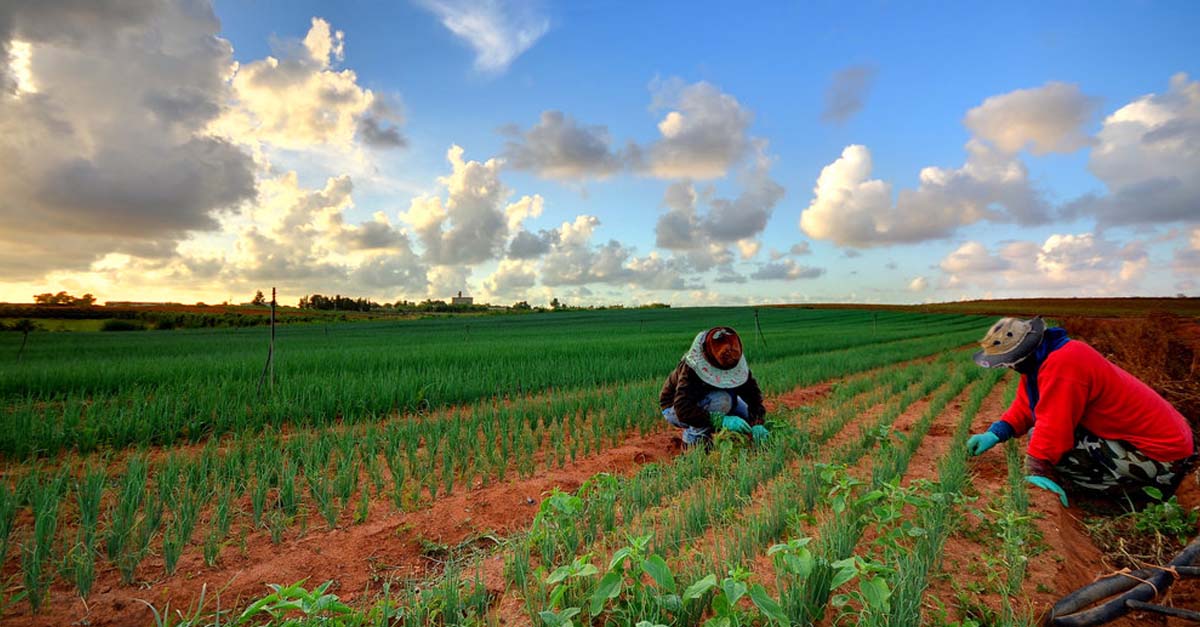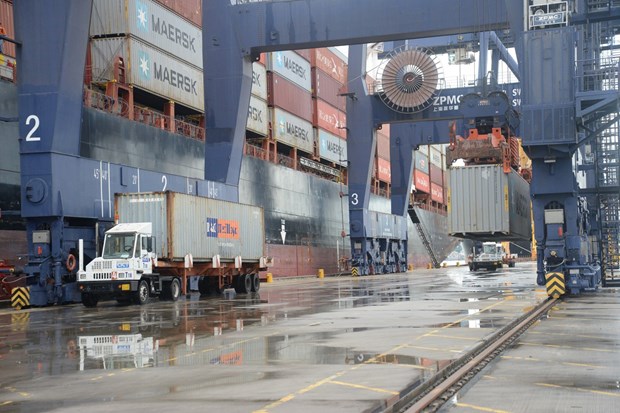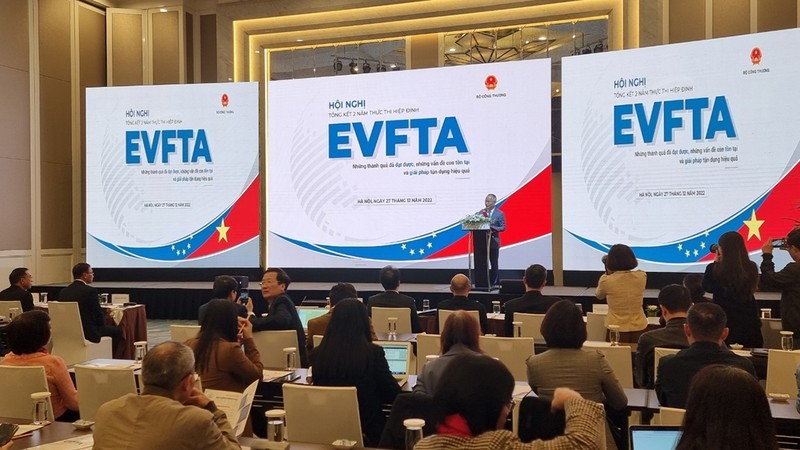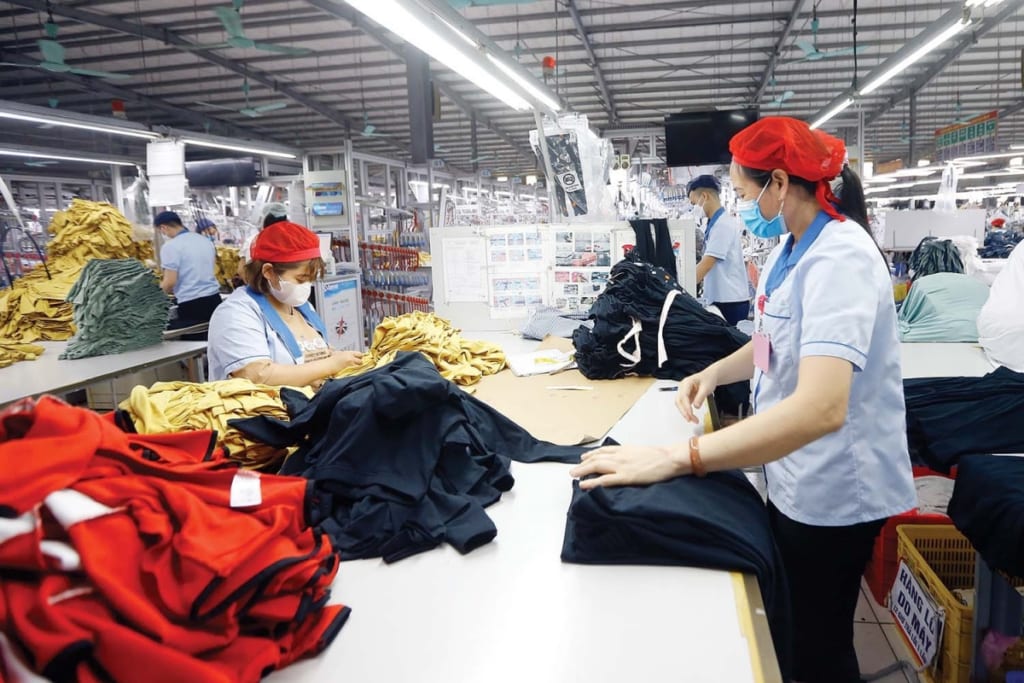Vietnamese workers in Australia have played a significant role in the country’s workforce, contributing to various industries and sectors. Their migration to Australia has been influenced by historical events and driven by employment opportunities. However, these workers also face challenges such as language barriers and discrimination. Nevertheless, with the support of government programs and community organizations, Vietnamese workers have made a positive impact on both the Australian economy and cultural diversity.
Introduction
Vietnamese workers form a significant part of Australia’s diverse workforce. Over the years, their migration to Australia has contributed to the country’s economic growth and cultural enrichment. Understanding the experiences and contributions of Vietnamese workers in Australia is essential for acknowledging their importance and addressing any challenges they may face.
Vietnamese Migration to Australia
The migration of Vietnamese workers to Australia can be traced back to historical events, particularly the Vietnam War and its aftermath. Following the fall of Saigon in 1975, many Vietnamese people sought refuge in various countries, including Australia. This initial wave of migration laid the foundation for a vibrant Vietnamese community in Australia.
Today, Vietnamese workers continue to migrate to Australia for various reasons. Some seek better employment opportunities, while others join their families who have settled in the country. Australia’s strong economy and multicultural society make it an attractive destination for Vietnamese workers looking to build a better future.
Employment Opportunities for Vietnamese Workers
Vietnamese workers have found employment in a wide range of industries and sectors across Australia. They contribute their skills and expertise to sectors such as healthcare, construction, hospitality, and manufacturing, among others. Vietnamese workers often possess qualifications and skill sets that are in high demand in these industries, making them valuable assets to Australian businesses.
In healthcare, Vietnamese workers serve as nurses, doctors, and allied health professionals, filling critical roles in hospitals and aged care facilities. Their strong work ethic, attention to detail, and cultural sensitivity make them highly sought after in the healthcare sector. Similarly, Vietnamese workers excel in the construction industry, where their expertise in trades such as carpentry and plumbing contributes to infrastructure development across the country.
Challenges Faced by Vietnamese Workers
Despite their contributions, Vietnamese workers in Australia face unique challenges. Language and cultural barriers can hinder effective communication and integration into the workforce. Vietnamese is a tonal language, and mastering English pronunciation can be a significant hurdle for many workers. This language barrier can lead to misunderstandings and limit career advancement opportunities.
Additionally, Vietnamese workers may encounter workplace discrimination and exploitation. Discrimination based on ethnicity or cultural background can affect their confidence and job prospects. Some workers may also experience exploitation, such as underpayment or unsafe working conditions. Addressing these challenges is crucial to ensuring fair treatment and equal opportunities for all workers.
Support Systems for Vietnamese Workers
To support Vietnamese workers in Australia, various government programs and initiatives have been put in place. These programs focus on language training, cultural integration, and employment assistance. Language classes and translation services help Vietnamese workers improve their English proficiency, enabling better communication and integration into the workforce.
Furthermore, community organizations play a vital role in providing support networks for Vietnamese workers. These organizations offer mentoring programs, employment workshops, and advocacy services. They create a sense of community and belonging, helping Vietnamese workers navigate the challenges they may face in their new environment.
Positive Impact of Vietnamese Workers in Australia
Vietnamese workers have made a significant impact on both the Australian economy and cultural diversity. Their contributions have fueled economic growth in various industries, increasing productivity and innovation. Through their skills and expertise, Vietnamese workers have helped bridge the gaps in the labor market, addressing critical workforce needs.
Moreover, Vietnamese workers have enriched Australian society with their vibrant culture and traditions. Their presence has added diversity to local communities, fostering understanding and appreciation of different cultures. Vietnamese festivals, cuisine, and customs have become integral parts of Australia’s multicultural fabric, contributing to the nation’s cultural identity.
Conclusion
Vietnamese workers in Australia have made substantial contributions to the country’s workforce and society as a whole. Despite facing challenges such as language barriers and discrimination, these workers continue to play a vital role in various industries. Through government support programs and community organizations, Vietnamese workers are provided with resources to overcome these challenges and thrive in their new home. The positive impact they have on the Australian economy and cultural diversity cannot be overstated, highlighting the value and importance of Vietnamese workers in Australia.
FAQs
1. Are Vietnamese workers in Australia highly skilled? Vietnamese workers possess a range of skills and qualifications that make them valuable assets to the Australian workforce. Many Vietnamese workers excel in industries such as healthcare, construction, and hospitality, contributing their expertise to the growth of these sectors.
2. How do language barriers affect Vietnamese workers in Australia? Language barriers can pose challenges for Vietnamese workers in Australia. English proficiency is crucial for effective communication and integration into the workforce. However, with the support of language training programs and community organizations, Vietnamese workers can improve their language skills and overcome these barriers.
3. What support systems are available for Vietnamese workers in Australia? Vietnamese workers can access various support systems in Australia. The government offers programs and initiatives focused on language training, cultural integration, and employment assistance. Additionally, community organizations provide mentoring programs, employment workshops, and advocacy services to help Vietnamese workers navigate challenges and build supportive networks.
4. How do Vietnamese workers contribute to the Australian economy? Vietnamese workers contribute to the Australian economy through their skills and expertise in various industries. Their employment in sectors such as healthcare, construction, and manufacturing increases productivity and addresses critical workforce needs, driving economic growth.
5. How have Vietnamese workers enriched Australian society? Vietnamese workers have brought their vibrant culture and traditions to Australia, enriching the country’s cultural diversity. Vietnamese festivals, cuisine, and customs have become integral parts of Australia’s multicultural fabric, fostering understanding and appreciation of different cultures.
Follow our channel for more updated news of Vietnamese labour market




